Introduction
Privacy glass, also known as smart glass, is a revolutionary material that can change its transparency levels with the application of voltage. In surgical suites, where the delicate balance between transparency for observation and privacy for confidentiality is crucial, privacy glass is making waves.
Importance of Privacy in Surgical Suites
The significance of privacy in surgical suites cannot be overstated. Not only does it safeguard patient confidentiality, but it also plays a pivotal role in maintaining the concentration and focus of the surgical team.
Traditional Privacy Measures
Traditionally, curtains and dividers were the go-to solutions for creating a barrier between the surgical area and the observation space. However, these methods have limitations in terms of flexibility and hygiene maintenance.
Emergence of Privacy Glass
The advent of privacy glass in surgical suites can be attributed to technological advancements in the field. These glasses can switch between opaque and transparent states, providing an innovative solution to the challenges posed by traditional methods.
Benefits of Privacy Glass
Enhanced Aesthetics
Privacy glass not only serves a functional purpose but also contributes to the aesthetic appeal of surgical suites. The seamless transition between transparency and opacity adds a modern and sophisticated touch to the environment.
Flexibility and Control
Surgeons and medical staff now have the ability to control the level of transparency according to the specific requirements of each surgical procedure. This newfound flexibility ensures optimal working conditions.
Improved Hygiene
Unlike curtains that can harbour germs and bacteria, privacy glass is easy to clean and maintain. This contributes to a sterile environment, reducing the risk of infections in surgical settings.
Types of Privacy Glass
Privacy glass, a transformative technology making waves in surgical suites, comes in various forms, each with its unique features and mechanisms. Understanding the different types is crucial for healthcare professionals and facility managers seeking to implement this cutting-edge solution effectively.
- Switchable Glass
Switchable glass, also known as smart glass, is a pioneer in the privacy glass domain. This type of glass can change its transparency levels instantly with the application of an electric current. This is achieved through the use of liquid crystal technology or electrochromic particles embedded in the glass. In surgical suites, the ability to switch between opaque and transparent states allows for on-demand privacy and observation, providing unparalleled flexibility.
- Electrochromic Glass
Electrochromic glass is another advanced form of privacy glass that relies on a different mechanism. In this type, a thin coating of electrochromic material is applied to the glass surface. When an electric voltage is applied, the molecules in the coating undergo a reversible electrochemical reaction, causing the glass to change its tint. This allows for a gradual adjustment of transparency, catering to the specific needs of each surgical procedure. Electrochromic glass is known for its energy efficiency and smooth transition between states.
- Polymer Dispersed Liquid Crystal (PDLC) Glass
PDLC glass is a versatile option that utilizes liquid crystals suspended in a polymer matrix. When an electric current is applied, the liquid crystals align, making the glass transparent. When the current is turned off, the liquid crystals disperse randomly, rendering the glass opaque. This dynamic feature makes PDLC glass an excellent choice for surgical suites, providing an adjustable privacy solution.
- Thermochromic Glass
Thermochromic glass responds to changes in temperature to alter its transparency. This type of glass contains materials that undergo a reversible color change when exposed to variations in temperature. While not as commonly used in surgical suites, it finds applications in other settings where temperature control is a factor. The transition in thermochromic glass occurs naturally without the need for an electric current, making it an energy-efficient alternative.
- Photochromic Glass
Photochromic glass changes its tint in response to ultraviolet (UV) light exposure. When exposed to sunlight or UV rays, the glass darkens to reduce glare and heat. Once the UV exposure diminishes, the glass gradually returns to its clear state. While not as actively used in surgical suites due to the reliance on external light sources, photochromic glass can contribute to energy efficiency and patient comfort in certain healthcare settings.
- Liquid Crystal Display (LCD) Glass
LCD glass employs the same liquid crystal technology found in many electronic displays. The glass consists of two layers with a liquid crystal solution in between. When an electric current is applied, the liquid crystals align to allow light to pass through, making the glass transparent. LCD glass provides a high level of control over transparency levels and is suitable for applications where precision is essential.
Installation and Maintenance
While the initial costs of installing privacy glass may be higher than traditional methods, the long-term benefits often outweigh the investment. Additionally, the maintenance of privacy glass is relatively simple, involving regular cleaning procedures.
Future Trends
The integration of privacy glass with smart technologies is a trend that is gaining momentum. Ongoing research and development in the field promise even more advanced features and functionalities in the near future.
Challenges and Solutions
Addressing challenges such as initial costs and potential technical issues is essential for the widespread adoption of privacy glass. Industry leaders are actively working on solutions to make this technology more accessible and reliable.
Comparison with Traditional Methods
A comparative analysis reveals that privacy glass not only matches but often surpasses the efficiency of traditional privacy measures. Long-term cost considerations further support the transition to this advanced technology.
Regulatory Considerations
Ensuring compliance with healthcare standards and privacy regulations is a priority in the implementation of privacy glass. Manufacturers and healthcare facilities are working together to meet these requirements.
Global Adoption
Privacy glass is experiencing varying degrees of adoption in different regions. The global market for this technology is witnessing steady growth as more healthcare facilities recognise its advantages.
Conclusion
In conclusion, the incorporation of privacy glass in surgical suites marks a significant step forward in healthcare technology. Balancing the need for transparency with patient confidentiality, privacy glass is breaking boundaries and setting new standards for surgical environments.
Who We Are
Tecdur is the leading manufacturer of smart glass for the UK and Ireland. Tecdur Switchable Glass provides the best clarity, lowest power consumption and lowest haze currently available. We can offer a wide range of specifications to meet project requirements with our switchable glass, cost is dependent on specification, application and design. Please get in contact with us to discuss further.
Please visit our portfolio for a look at completed projects. Keep up to date on our LinkedIn Showcase page
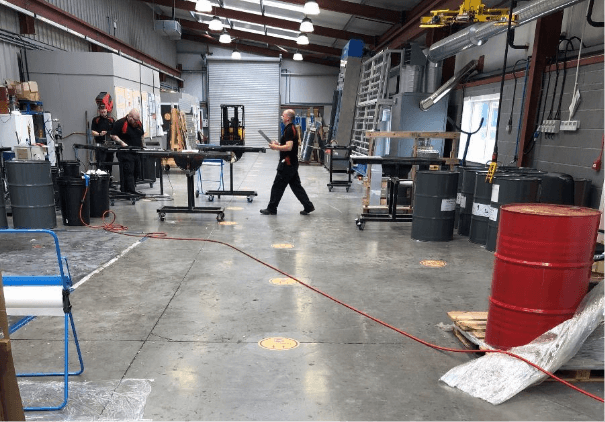
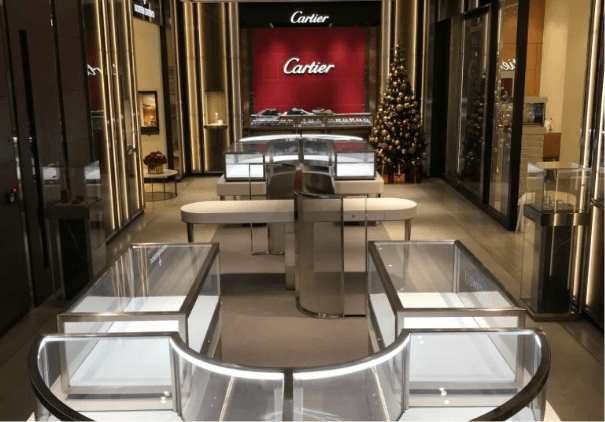
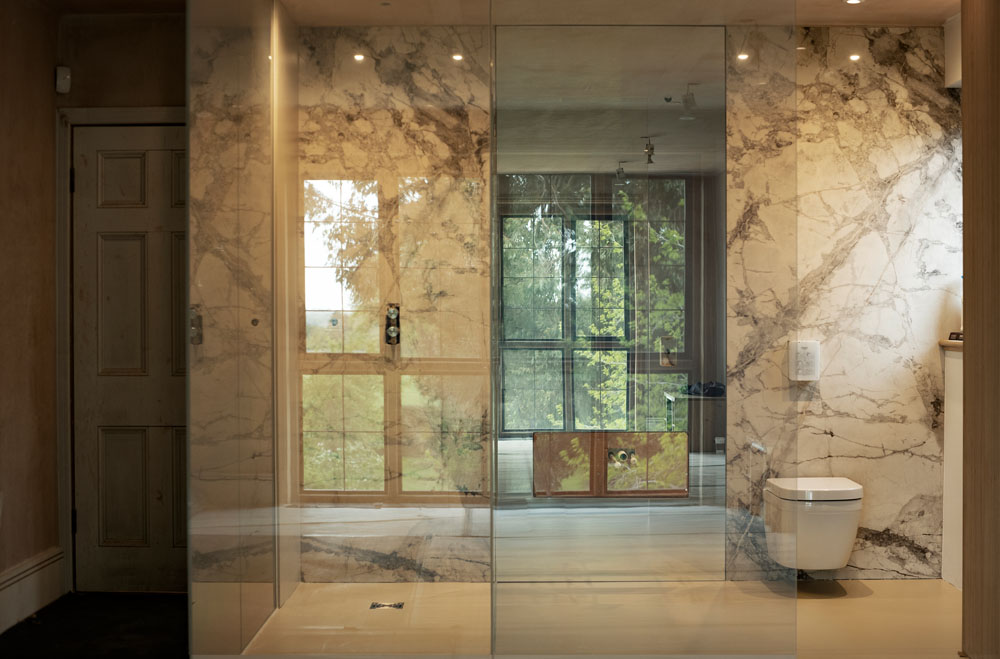
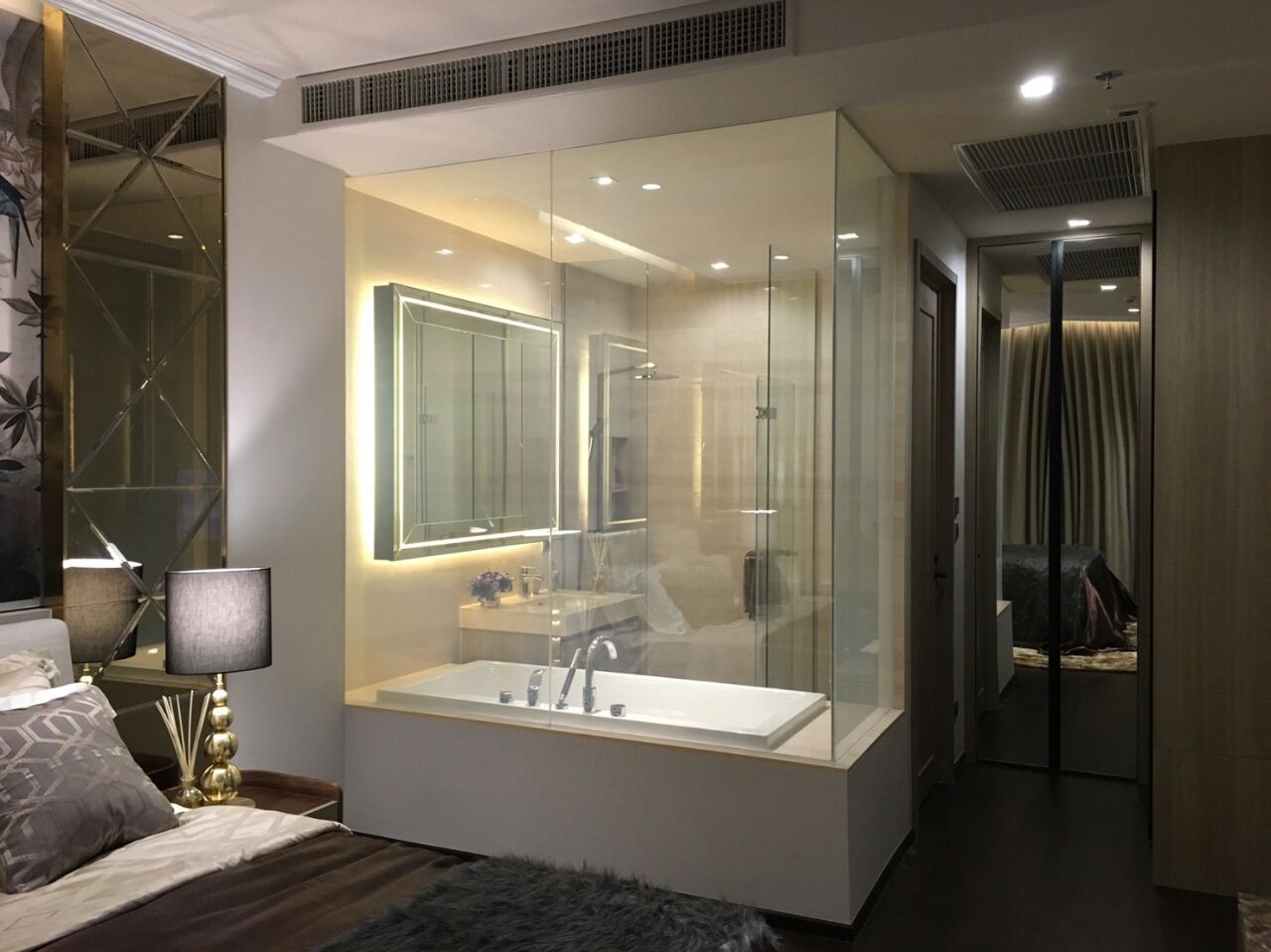
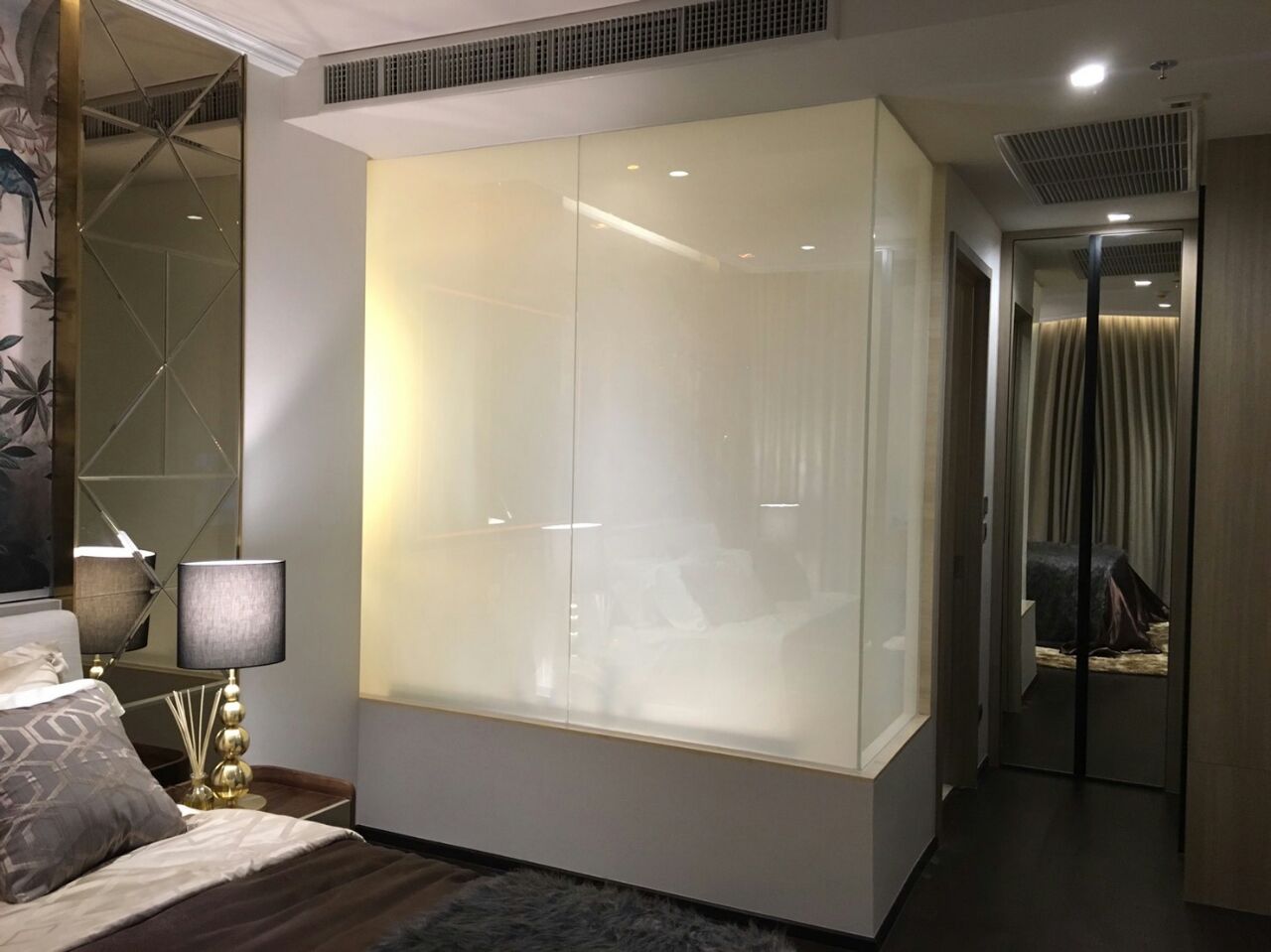
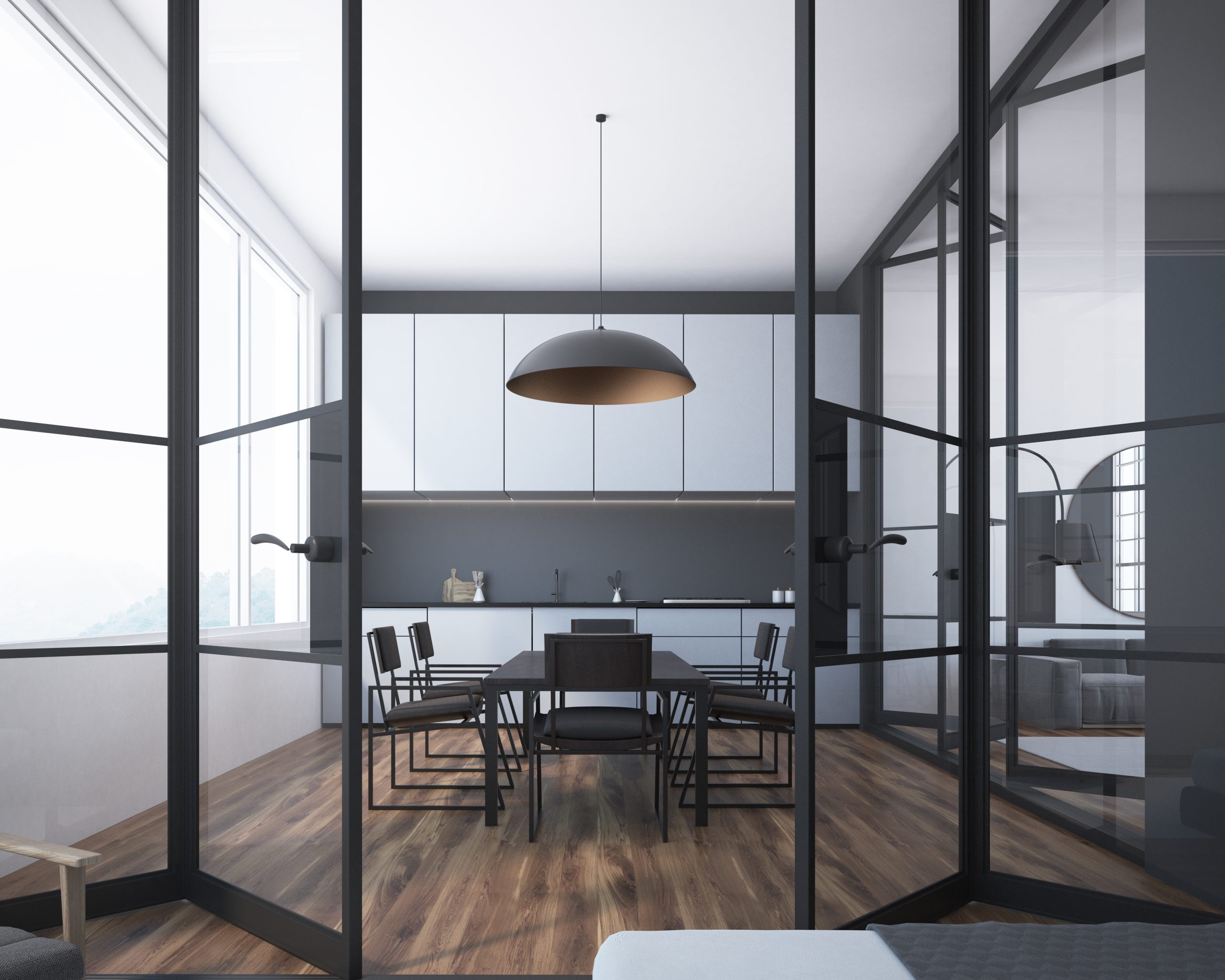
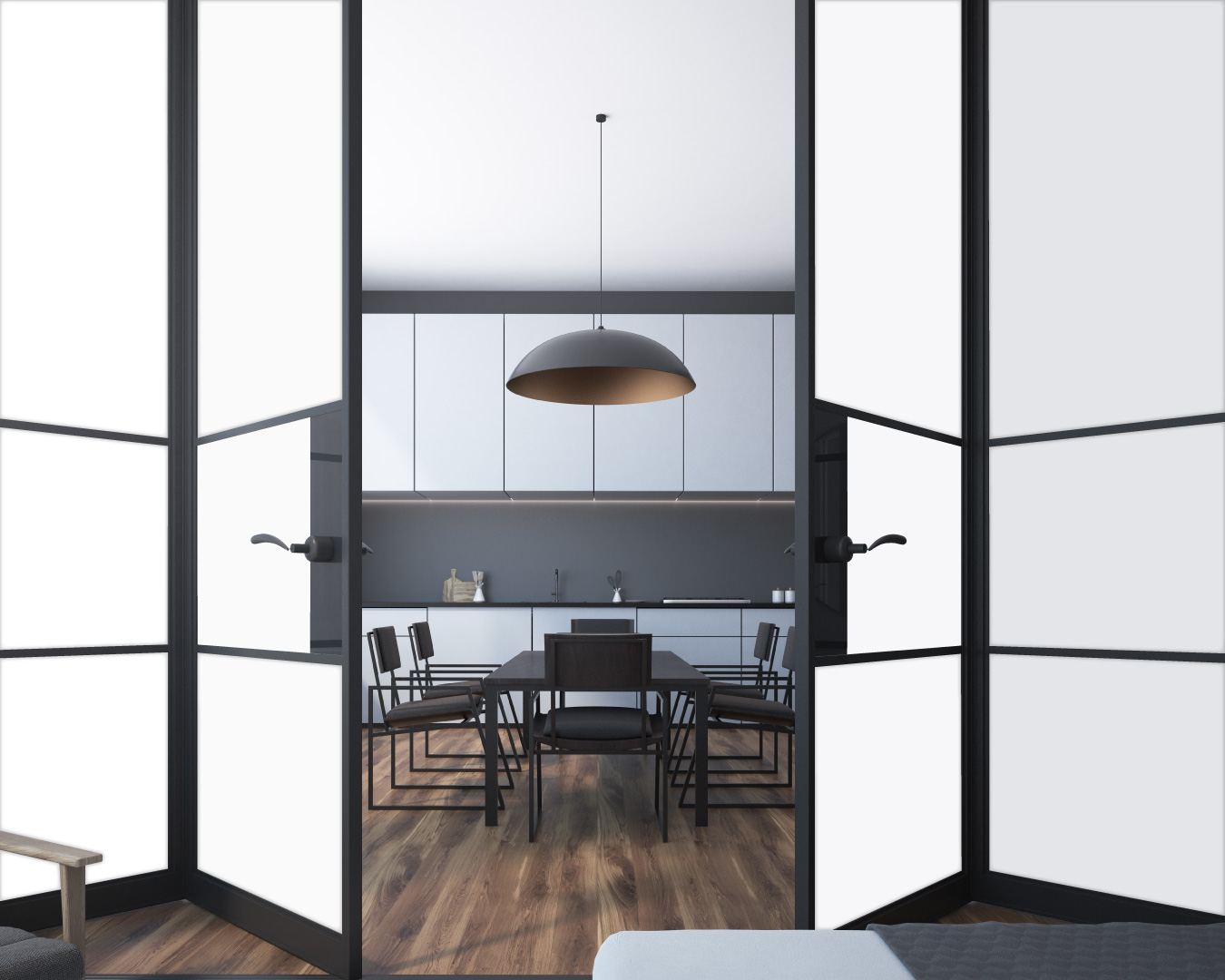
Frequently asked Questions
Our privacy glass works by utilising advanced PDLC (Polymer Dispersed Liquid Crystal) film. When an electrical current is applied, the liquid crystal molecules align, allowing light to pass through, making the glass transparent. When the current is switched off, the molecules mis-align, causing the glass to turn opaque or translucent, providing privacy.
Privacy glass is versatile and can be adapted to various surgical procedures, providing the necessary transparency and privacy as needed.
By allowing surgeons to control the level of transparency, privacy glass minimises distractions and ensures a focused and concentrated working environment.
While the initial installation costs may be higher, the long-term benefits, including reduced maintenance and improved efficiency, contribute to cost savings over time.
Yes, healthcare facilities must ensure that the use of privacy glass complies with existing privacy regulations and healthcare standards.
Yes, in many cases, privacy glass can be retrofitted into existing surgical suites, providing an upgrade to traditional privacy measures.




